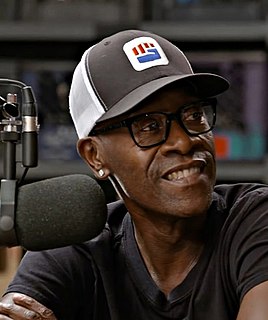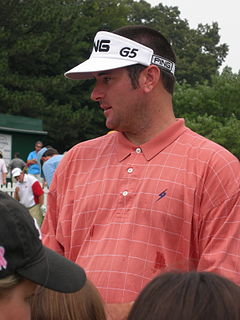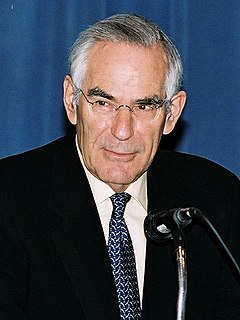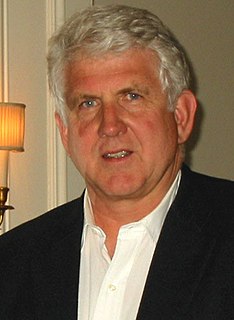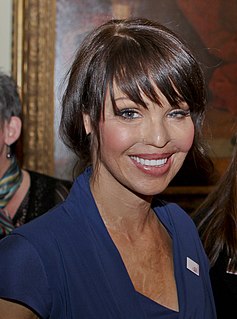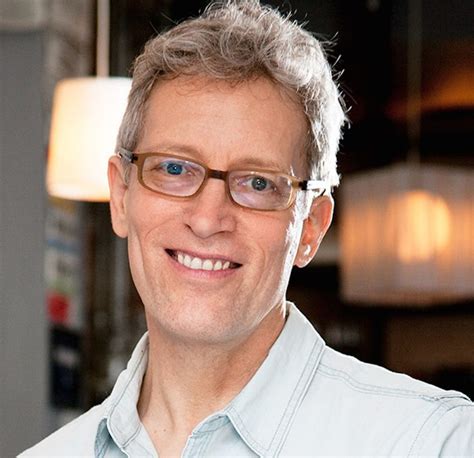A Quote by Don Cheadle
I was about to write that in the future I would chose my words more carefully but I'm sure I won't.
Related Quotes
If I had to make a choice between only writing about sports or only writing about music, I would probably write about music. I'm not sure why that is. There seems to be more to write about with music, just because it's more of a splintered thing. There's more subgenres. With sports, it's more objective in a way.
Richard Dawkins says he can't be sure God doesn't exist. Well, you know what I do when I'm not sure about something? I go on a big crusade about it and write a bunch of books on the subject. No, wait, that sounds more like what someone with a mental disorder would do. That's one of the crazy things about lots of atheists: They're whole movement is supposed to be about being logical and reasonable, yet they tend to rail against religion is a very mindless way that doesn't seem to serve any more purpose than a tantrum. Perhaps I just don't understand their strong faith in not having faith.
I have a really good idea of who my readers are and always write with a sensitivity to my audience. I use the F word when necessary, but there are words I won't use, mainly because I don't like them. I don't write about body parts when I write about sex. It's not about the physiological, it's more important for teens to read about the emotional aspects. I do think there are times when self-censorship is important.
All writers write about themselves, just as the old storytellers chose to tell stories that spoke to and about themselves. They call it the world, but it is themselves they portray. The world of which they write is like a mirror that reflects the inside of their hearts, often more truly than they know.
